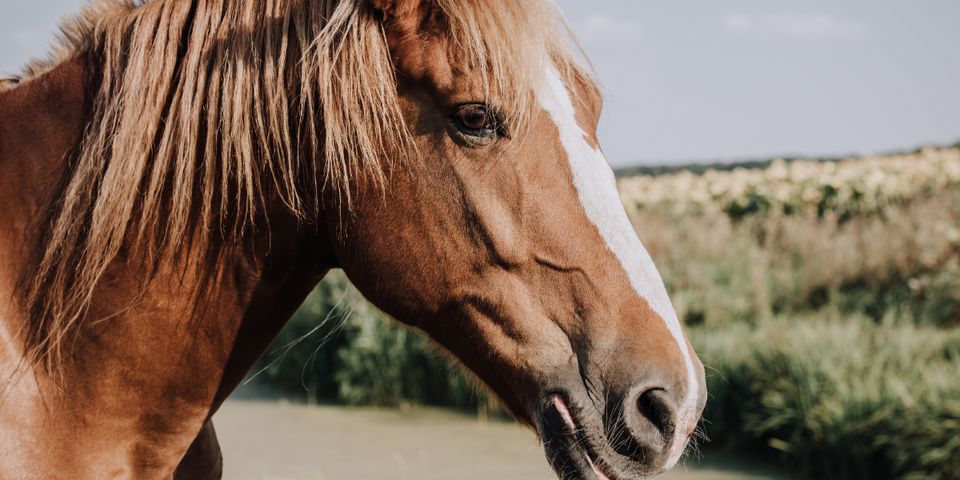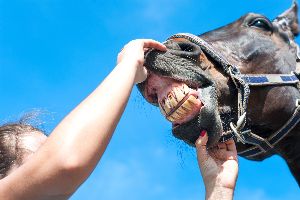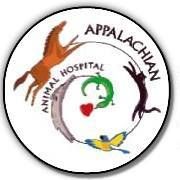
When scheduling a veterinary care checkup for your horse, dental work probably isn’t on the top of your mind. However, taking care of your horse’s dental needs will have a significant impact on their overall health. Teeth floating, in particular, is a vital task for keeping your horse healthy and comfortable. Here’s what you should know.
What Is Teeth Floating?
The difference in sizes between the wider upper jaw and narrower lower jaw causes horse teeth to experience uneven wear over time. A horse's teeth gradually erupt from the gum line throughout their entire life to account for the grinding that wears them down. However, uneven wear causes sharp hooks to form in the teeth that can become painful for the horse.
Teeth floating is a veterinary care procedure in which sharp edges or hooks on a horse’s teeth are filed away, leaving the teeth flat. This is performed with a file called a float.

Floats come in a variety of shapes and head configurations (such as a rectangular float with a straight head, or a cylindrical float with a bent head) to ensure they reach all of a horse’s teeth. Both manual and electric floats may be used, and the process is typically completed in a few minutes.
Why Is It Necessary?
Teeth floating is primarily done to aid the horse’s digestive process. Teeth with hooks and sharp edges make it harder to adequately grind up food while eating, which can make digestion more difficult. In addition, the sharp edges could cause cuts or sores inside the mouth.
These sites could easily become infected, resulting in painful abscesses requiring anti-inflammatory treatment. Exposure to these bacteria can also contribute to tooth infections and decay, potentially requiring the removal of some teeth.
What Are the Signs Horses Need Their Teeth Floated?
A yearly dental exam is recommended for every horse to check for hooked teeth and other problems. However, there are a few behavioral signs that indicate floating may be needed. This includes dropping food out of their mouth or experiencing difficulty chewing while eating, as well as weight loss.
Swollen cheeks and excessive foaming at the mouth may occur when their teeth cause cuts and infections inside the mouth. In some cases, your horse may even develop bloody saliva because of the cuts caused by their teeth.
From teeth floating to pet vaccines, you can count on Appalachian Animal Hospital in Morristown, TN, for all your veterinary care needs. Serving area residents since 1984, this animal hospital is available 24/7 to help with any emergency. To learn more about their available services or to schedule an appointment, visit them online or call (423) 587-4393.
About the Business
(21 reviews)
Have a question? Ask the experts!
Send your question

